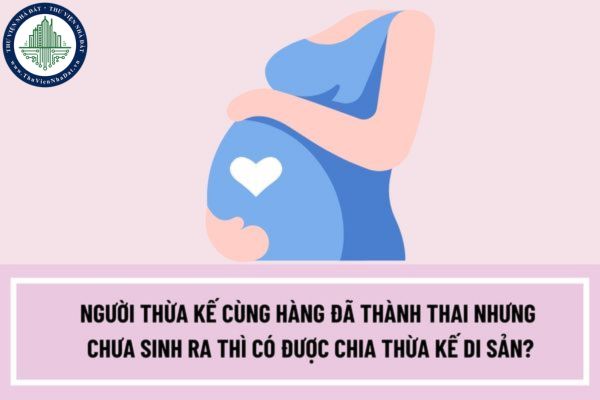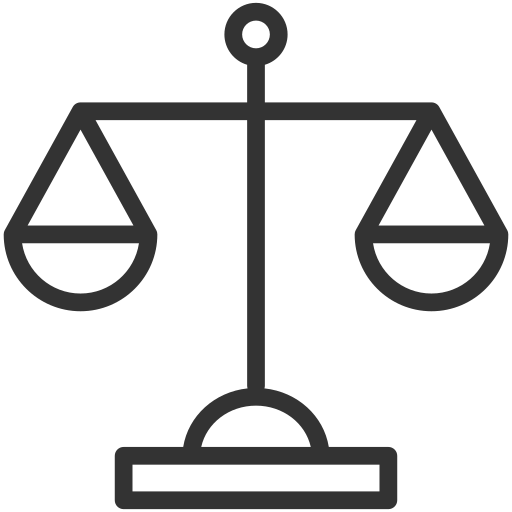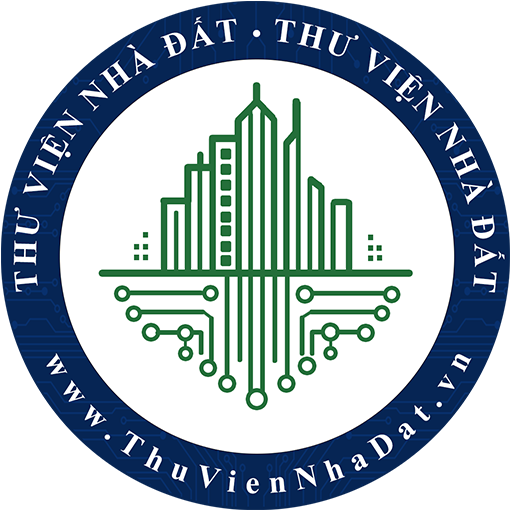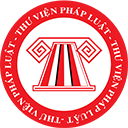Người thừa kế cùng hàng đã thành thai nhưng chưa sinh ra thì có được chia thừa kế di sản theo pháp luật không?
Nội dung chính
Người thừa kế cùng hàng đã thành thai nhưng chưa sinh ra thì có được chia thừa kế di sản theo pháp luật không?
Căn cứ theo quy định tại khoản 1 Điều 660 Bộ luật dân sự 2015 quy định như sau:
Phân chia di sản theo pháp luật
1. Khi phân chia di sản, nếu có người thừa kế cùng hàng đã thành thai nhưng chưa sinh ra thì phải dành lại một phần di sản bằng phần mà người thừa kế khác được hưởng để nếu người thừa kế đó còn sống khi sinh ra được hưởng; nếu chết trước khi sinh ra thì những người thừa kế khác được hưởng.
Theo như quy định trên, khi phân chia di sản theo pháp luật, nếu có người thừa kế cùng hàng đã thành thai nhưng chưa sinh ra thì phải dành lại một phần di sản bằng phần mà người thừa kế khác được hưởng.
Trường hợp người thừa kế cùng hàng đã thành thai và khi sinh ra vẫn còn sống thì sẽ được hưởng phần di sản thừa kế đó.
Còn nếu người thừa kế cùng hàng đã thành thai chết trước khi sinh ra thì những người thừa kế khác được hưởng.

Người thừa kế cùng hàng đã thành thai nhưng chưa sinh ra thì có được chia thừa kế di sản theo pháp luật không?
Những người thừa kế theo pháp luật có quyền yêu cầu phân chia di sản bằng hiện vật không?
Căn cứ theo quy định tại khoản 2 Điều 660 Bộ luật dân sự 2015 quy định như sau:
Phân chia di sản theo pháp luật
...
2. Những người thừa kế có quyền yêu cầu phân chia di sản bằng hiện vật; nếu không thể chia đều bằng hiện vật thì những người thừa kế có thể thỏa thuận về việc định giá hiện vật và thỏa thuận về người nhận hiện vật; nếu không thỏa thuận được thì hiện vật được bán để chia.
Theo như quy định trên, những người thừa kế có quyền yêu cầu phân chia di sản bằng hiện vật.
Tuy nhiên, nếu không thể chia đều bằng hiện vật thì những người thừa kế có thể thỏa thuận về việc định giá hiện vật và thỏa thuận về người nhận hiện vật.
Trường hợp không thỏa thuận được thì hiện vật được bán để chia.
Người nào không được quyền hưởng di sản?
Căn cứ theo quy định tại Điều 621 Bộ luật Dân sự 2015 quy định những người không được quyền hưởng di sản bao gồm:
- Người bị kết án về hành vi cố ý xâm phạm tính mạng, sức khỏe hoặc về hành vi ngược đãi nghiêm trọng, hành hạ người để lại di sản, xâm phạm nghiêm trọng danh dự, nhân phẩm của người đó;
- Người vi phạm nghiêm trọng nghĩa vụ nuôi dưỡng người để lại di sản;
- Người bị kết án về hành vi cố ý xâm phạm tính mạng người thừa kế khác nhằm hưởng một phần hoặc toàn bộ phần di sản mà người thừa kế đó có quyền hưởng;
- Người có hành vi lừa dối, cưỡng ép hoặc ngăn cản người để lại di sản trong việc lập di chúc; giả mạo di chúc, sửa chữa di chúc, hủy di chúc, che giấu di chúc nhằm hưởng một phần hoặc toàn bộ di sản trái với ý chí của người để lại di sản.
Lưu ý: Những người quy định trên vẫn được hưởng di sản, nếu người để lại di sản đã biết hành vi của những người đó, nhưng vẫn cho họ hưởng di sản theo di chúc.
Thời hiệu để người thừa kế yêu cầu chia di sản là bao lâu?
Căn cứ theo quy định tại Điều 623 Bộ luật Dân sự 2015 quy định như sau:
Thời hiệu thừa kế
1. Thời hiệu để người thừa kế yêu cầu chia di sản là 30 năm đối với bất động sản, 10 năm đối với động sản, kể từ thời điểm mở thừa kế. Hết thời hạn này thì di sản thuộc về người thừa kế đang quản lý di sản đó. Trường hợp không có người thừa kế đang quản lý di sản thì di sản được giải quyết như sau:
a) Di sản thuộc quyền sở hữu của người đang chiếm hữu theo quy định tại Điều 236 của Bộ luật này;
b) Di sản thuộc về Nhà nước, nếu không có người chiếm hữu quy định tại điểm a khoản này.
2. Thời hiệu để người thừa kế yêu cầu xác nhận quyền thừa kế của mình hoặc bác bỏ quyền thừa kế của người khác là 10 năm, kể từ thời điểm mở thừa kế.
3. Thời hiệu yêu cầu người thừa kế thực hiện nghĩa vụ về tài sản của người chết để lại là 03 năm, kể từ thời điểm mở thừa kế.
Theo như quy định trên, thì thời hiệu để người thừa kế yêu cầu chia di sản thừa kế là 30 năm đối với bất động sản, 10 năm đối với động sản, thời hiệu này được tính kể từ thời điểm mở thừa kế.
Lưu ý: Hết thời hạn này thì di sản thuộc về người thừa kế đang quản lý di sản đó.
Trường hợp không có người thừa kế đang quản lý di sản thì di sản được giải quyết như sau:
- Di sản thuộc quyền sở hữu của người đang chiếm hữu theo quy định tại Điều 236 Bộ luật dân sự 2015 như sau:
Người chiếm hữu, người được lợi về tài sản không có căn cứ pháp luật nhưng ngay tình, liên tục, công khai trong thời hạn 10 năm đối với động sản, 30 năm đối với bất động sản thì trở thành chủ sở hữu tài sản đó, kể từ thời điểm bắt đầu chiếm hữu, trừ trường hợp Bộ luật này, luật khác có liên quan quy định khác.
- Di sản thuộc về Nhà nước, nếu không có người chiếm hữu quy định tại điểm a khoản 1 Điều 623 Bộ luật dân sự 2015














